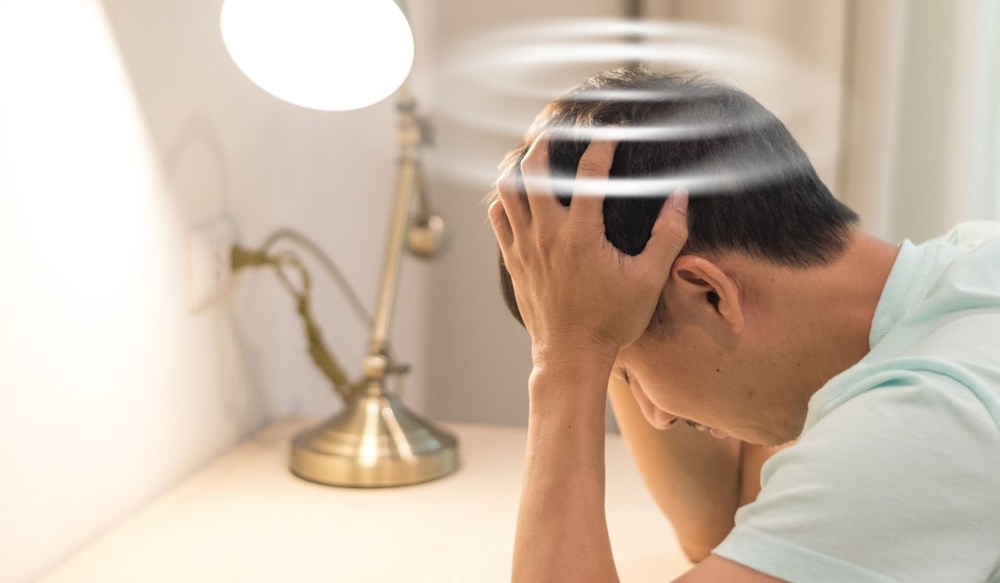Bluetooth Connectivity Features in Modern Hearing Aids
Modern hearing aids do much more than just make sounds louder –
OUR PARK RIDGE OFFICE IS NOW OPEN! Click here for more information.


Modern hearing aids do much more than just make sounds louder –

Tinnitus, which can cause ringing, buzzing, whistling or humming sounds in

Every day, we rely on our hearing to connect with the world around us –